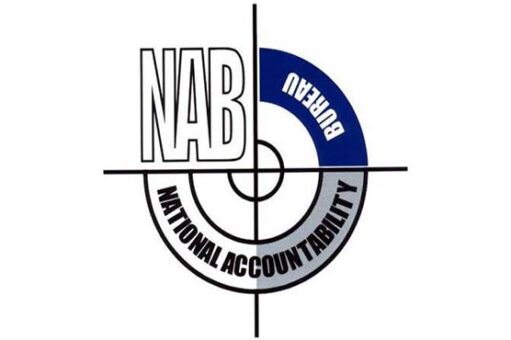ISLAMABAD: Federal Board of Revenue (FBR) has said that up to 40 percent income tax shall be collected from a person not on the Active Taxpayers List (ATL) in case of receiving payment as non-resident person against foreign produced commercials.
According to Withholding Tax Card for tax year 2019/2020 issued by the FBR, the tax shall be deducted on payment for foreign produced commercials under Section 152A of the Income Tax Ordinance, 2001.
Every person responsible for making payment to a non-resident person shall collect withholding tax at the time of payment from non-resident person.
The FBR said that tax to be deducted from non-resident while making payments for foreign produced commercial for advertisement on any television channel or any other media at the rate of 20 percent of the gross amount.
For person not appearing in the ATL, the applicable tax rate is to be increased by 100 percent i.e. 40 percent of the gross amount. The deducted amount shall be final tax liability.
The FBR also issued withholding tax rates on payments to non-residents under Section 152 of Income Tax Ordinance, 2001.
The FBR said that every person shall deduct tax while making payments for royalties and fee for technical payments to resident under Section 152(1) of the Ordinance at the rate of 15 percent of the gross amount.
Every person shall deduct withholding tax rate under Section 152(1A) from:
a) Contract or sub-contract under a construction, assembly or installation project in Pakistan including a contract for the supply of supervisory activities relating to such project.
b) Any other contract for construction or services rendered relating there to.
c) Contract for advertisement services rendered by TV Satellite Channels.
The tax rate shall be 7 percent of the gross amount.
In case person is not appearing on the ATL, the applicable tax rate is to be increased by 100 percent i.e. 14 percent of the gross amount.
Under Section 152(1AA) the tax will be deducted from non-resident on any payment of insurance premium or re-insurance to non-resident person the tax shall be deducted at 5 percent of the gross amount.
Under Section 152(1AAA), the tax will be deducted at 10 percent of the gross amount on payments for advertisement services from non-resident person relaying from outside Pakistan.
In case persons not appearing on ATL, the applicable tax rate is to be increased by 100 percent i.e. 20 percent of the gross amount.
The FBR said that tax shall be deducted on remittance outside Pakistan, of fee for off-shore digital services, chargeable to tax u/s 6, to a non-resident person on behalf of any resident or a permanent establishment of a non-resident in Pakistan.
The FBR said that banking company or financial institution shall collect five percent of the gross amount from non-resident at the time the amount is actually paid.
In case persons not appearing in the ATL, the applicable tax rate is to be increased by 100 percent i.e. 10 percent of the gross amount.
Under Section 152(2), the tax deduction on payment to non-resident, no otherwise specified the tax rate shall be 20 percent of the gross amount. The tax shall be adjustable.
Under Section 152(2A), every prescribed person making payment to a prescribed person making payment to a permanent establishment of non-resident for
(a) sale of goods
(i) in case of a company the tax rate shall be four percent of the gross amount.
(ii) Other than company cases the tax rate shall be 4.5 percent of the gross amount.
Persons not appearing on ATL the applicable tax rate is to be increased by 100 percent i.e.
(i) in case of a company the tax rate shall be 8 percent.
(ii) other than company cases the tax rate shall be 9 percent.
(b) Rendering /providing of services the tax rate shall be two percent.
In the case of Transport service:
(i) in case of a company : 8 percent
(ii) Other than company cases: 10 percent
(c) Execution of a contract other than a contract for sale of goods or providing/ rendering of services.
(i) In case of sports persons: 10 percent
(ii) Other than sports persons: 7 percent





